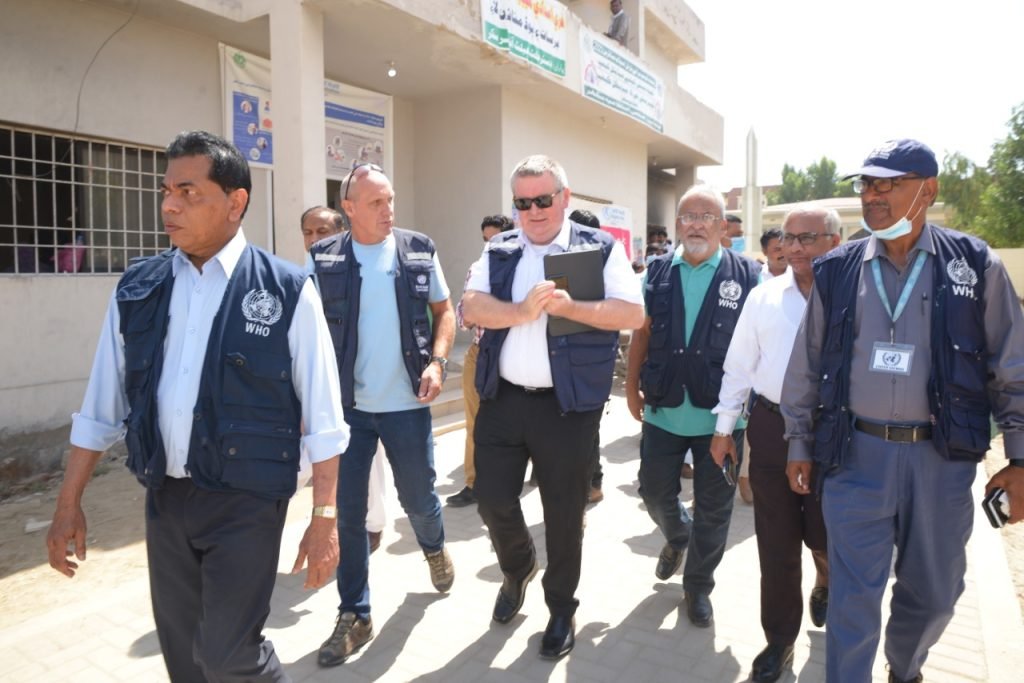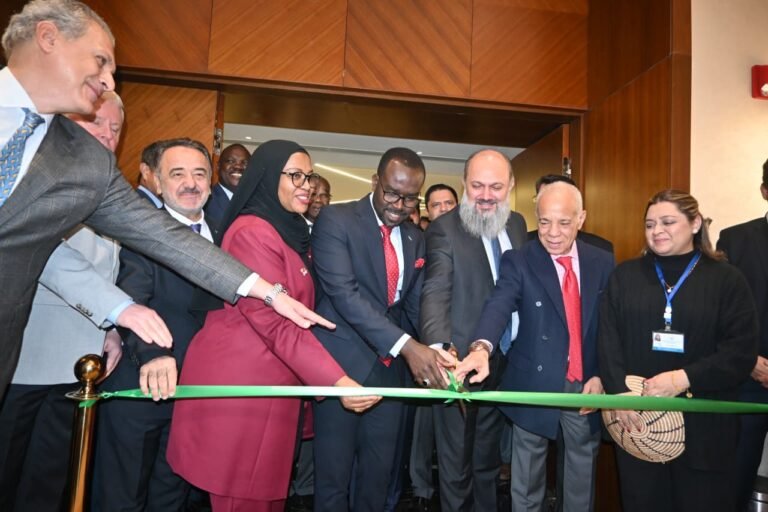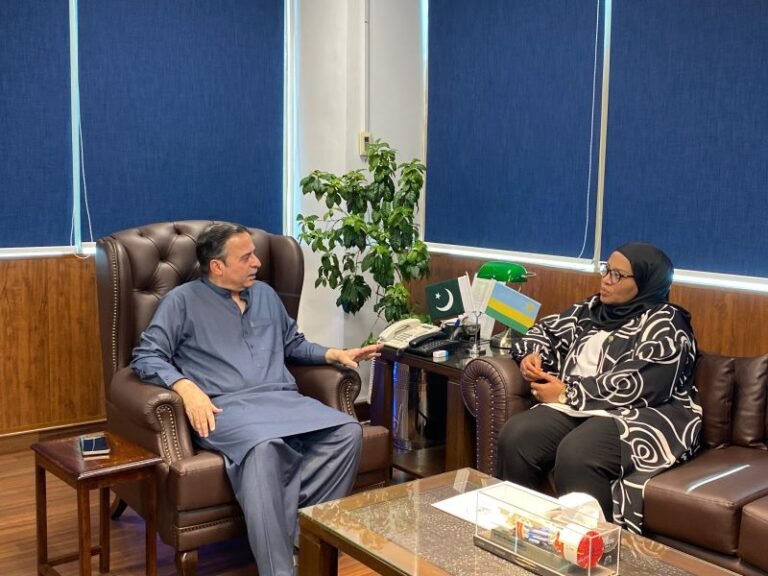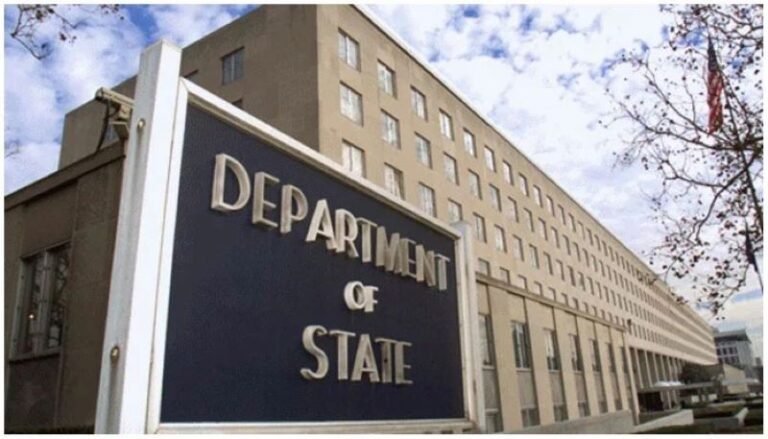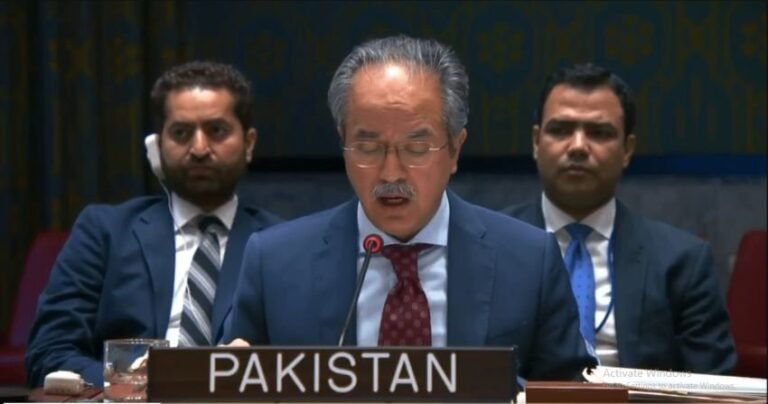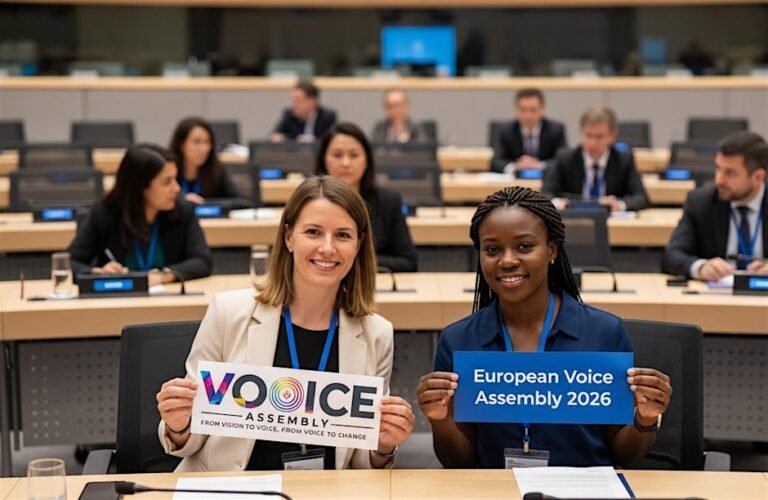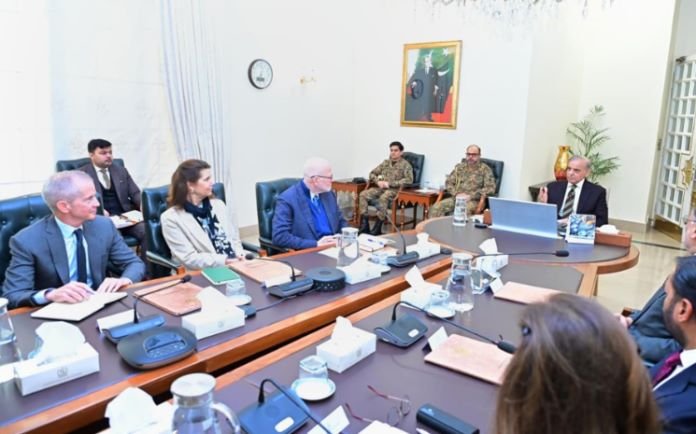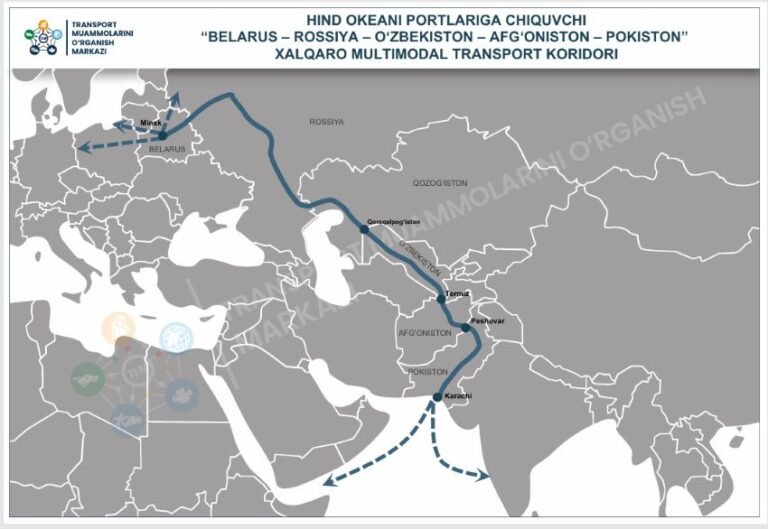Sukkur, 29 September 2022 (TDI): World Health Organization‘s (WHO) Executive Director of Health Emergencies Programme, Dr. Mike Ryan stressed that WHO will give Sindh and Balochistan additional support.
This support will help the government’s effort to provide emergency health services to the stranded population. Dr. Mike Ryan was on a field visit to the Sukkur division in Sindh province.
Executive Director of Health Emergencies Programme, @WHO, @DrMikeRyan arrives in #Pakistan. He expresses solidarity with the people & the country following the devastating floods and calls for greater international support & commitment to scale up the response. #HealthForAll pic.twitter.com/P8iPHm1Bll
— WHO Pakistan (@WHOPakistan) September 28, 2022
He made this statement at a briefing on recovery activities in the Sukkur division while speaking with Commissioner Sukkur Ghulam Mustafa Phul in his office.
Dr. Mike Ryan, who was scheduled to travel to Pakistan at the last minute, arrived in Sukkur to assess the damage and identify the issues with the population’s immediate rehabilitation.
He asserted that the international community and organizations must act soon because of how serious the problem is.
In this vein, he claimed that this is a climate catastrophe and that action must be taken quickly. He drew comparisons to the 2010 floods.
According to Dr. Mike Ryan, WHO will also give pregnant women more medications and health kits to help prevent malaria and water-borne illnesses.

While briefing the WHO delegation, Commissioner of Sukkur Division Ghulam Mustafa stated that 2.56 million people overall in Sukkur Division were directly impacted by floods, losing their homes and crops.
However, where the government apparatus has been unable to reach, water is still standing in the fields and in numerous villages and union councils.
According to him, Deputy Commissioners are the main point of contact for the emergency relief and recovery activities, while the Provincial Disaster Management Authority (PDMA) is in charge of organizing the relief effort.
He welcomed the WHO mission to stop the spread of malaria and dengue and to care for expectant mothers. He also asked for rapid supplies of medications, medical facilities, and defogging equipment.
It is noteworthy that the WHO is building a Sukkur Hub to help government efforts in the relief and recovery operations in the Sindh province. WHO Country Representative Dr. Palitha Mahipala shared this information.
The hub will serve as the focal point for all coordinated efforts to provide health facilities and serve as a command center for affiliated NGOs and UN agencies.
1.65 million people in Sukkur, Khairpur, and Ghotki are without a place to live, and 94 hospitals nearby have suffered damage, it was revealed at the meeting.
Also Read: WHO Pakistan endeavors to aid People of Islamabad
A total of 517 internally displaced person (IDP) camps have been built, with 289580 people living there, it was announced at the meeting.
The assemblage was informed by DHO Sukkur Jamil Ahmed Mahar that the prevalence of skin conditions, waterborne illnesses, diarrhea, and malaria is rising.
As damage assessments have not been completed due to many regions still being inaccessible and submerged, the health service providers are particularly concerned about malnutrition in children caused by extreme poverty and in expectant women.
All of the district health officers from Sukkur, Khairpur, and Ghotki attended the conference, along with representatives from the Pakistan Army, the PDMA, and the district administrations.
The WHO delegation also opened the Sukkur Hub (Emergency Operations Center) and paid a visit to the flood victims’ medical facilities in the Sukkur Labor Colony.
Dr. Mike Ryan asked questions regarding the medical services being offered to the populace and expressed satisfaction with the results. The delegation also went to the Balochistan district of Naseerabad.
I'm a detail-oriented, problem-solving, persistent multitasker. Having a magna cum laude MSc. in Strategic Studies from National Defense University, Pakistan, I believe in peaceful discourse & dialogue and have built my interest in nontraditional security threats.
I am an experienced writer with a primary focus on public policy, environmental security, nuclear strategy, and geopolitics!
- Zubeda Anjum Niazi
- Zubeda Anjum Niazi
- Zubeda Anjum Niazi
- Zubeda Anjum Niazi

